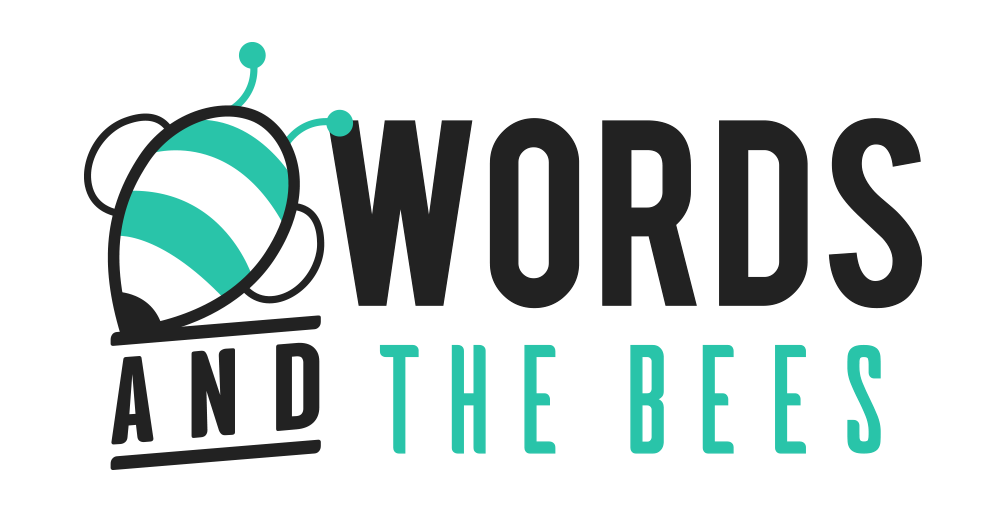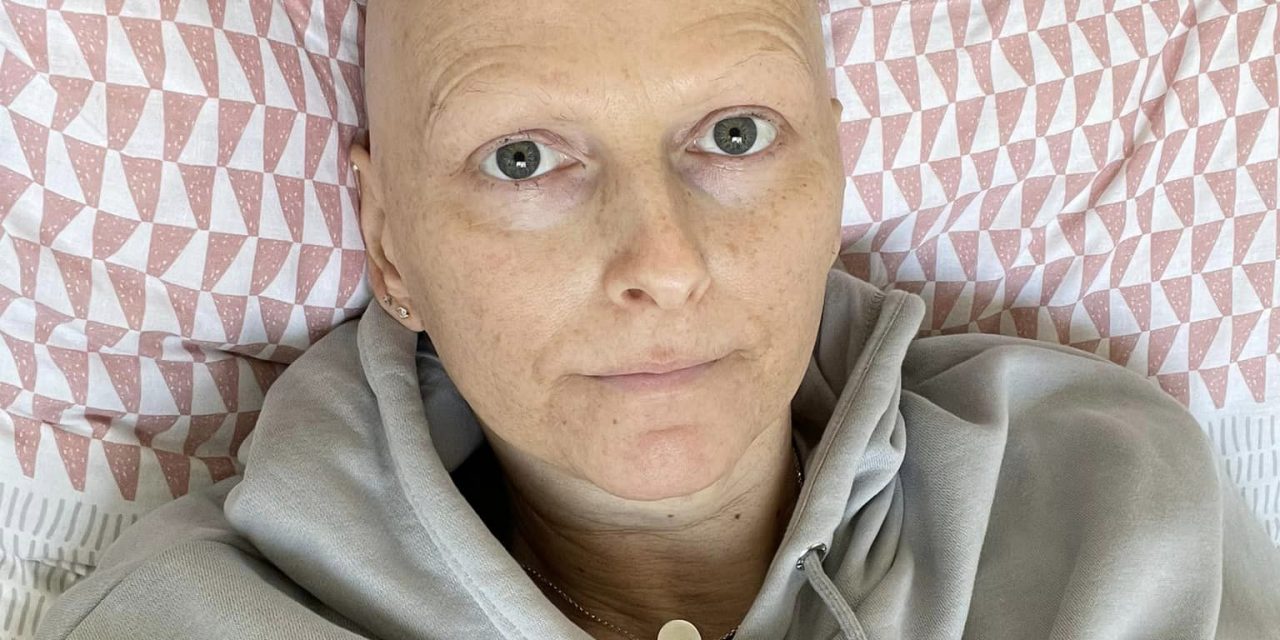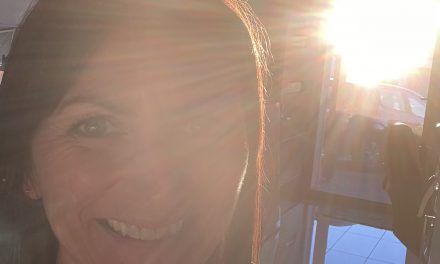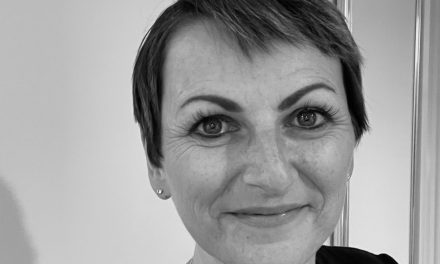It was a hot summer morning in February, 2022.
I’d been called into hospital for a second examination after a routine mammogram.
“It’s just procedure,” the lady on the phone told me.
“Nothing whatsoever to worry about.”
I was attending a clinic with approximately ten other Sunshine Coast women who had been told the same thing.
On that morning, we would each have a repeat mammogram, an ultrasound and potentially a biopsy if necessary.
So, off I went for my 7 am appointment.
The early morning sun was beaming through the car windscreen as I mentally calculated what time I’d be back at my desk.
In the worst-case scenario, I expected to be there for a couple of hours.
I would still have time afterwards to finish a project I was working on before downing tools for the weekend.
Once I arrived, I met with a nurse who welcomed me to the clinic.
I was given a gown to change into.
To this day, I still don’t know which way round that gown is supposed to go.
My possessions went into the shopping basket.
Then came the first test of the day – a repeat mammogram.
Next, a doctor gave me a physical exam.
An ultrasound followed.
Click, click, click.
As time ticked on, by the end of the morning, all the other ladies in the clinic had been and gone.
I started to get irritated.
‘Why am I the last one sitting here?’ I thought.
I had work to do. I was wasting time waiting around for who knows what?
Finally, after about 45 minutes, the same nurse who welcomed me to the clinic came over and sat down next to me with a box of tissues.
“We’ve called the surgeon over from the hospital. He’s going to come and talk to you.”
And that was when the room started spinning.
I realised then that life as I knew it, was never going to be the same again.
The next part, as cliché as this sounds, is all a blur.
“I know this isn’t what you wanted to hear,” said the surgeon.
You think?
Over the next hour, still wearing my probably back-to-front gown, before I even had chance to tell my loved ones what was happening, I went through all those emotions you read about.
Shock.
Panic.
Anger.
Confusion.
Then there was talk of treatments.
Chemotherapy.
Surgery.
Radiation.
As I finally walked out into the blazing summer sun with a diagnosis of breast cancer that had probably spread to my lymph nodes (it had), survival mode was well and truly activated.
And that’s where I’d stay for the foreseeable.
Fast forward 15 months and in May 2023, I was the happiest girl in the world when my treatment was finally over.
I had done it.
I had endured over a year of treatments and appointments, and I was officially in ‘survivorship’.
With thanks to world class medical care, the world had become my proverbial oyster.
The happiest day of my life. “You’re free to go, treatment is over.”
Words and the Bees turns EIGHT!
This weekend, I marked Words and the Bees’ eighth birthday.
As a small business owner, the celebration involved a quick pat on the back and an intentional show of gratitude that my first Business Baby had given me the flexibility to keep on keeping on all the way through treatment.
I timed my writing around chemo.
I worked in bed when I had a deadline I didn’t feel like getting dressed for.
I embraced the freedom that allowed me to attend the never-ending hospital appointments while still delivering a quality copywriting service to my clients.
Did I break any career records during this time?
No.
But did I do what I said I would and churn out website copy, blogs for business, fundraising appeals and social media copy for businesses and charities?
Ironically, like my life depended on it.
Words and the Bees charity copywriter
Now let’s clear something up.
Supporting the not-for-profit sector as a charity writer isn’t new for me.
With six years’ experience working in a professional fundraising environment, and with a further almost eight years supporting charities as a charity copywriter, it’s fair to say that my track record in writing copy that tells a story and empowers donors to give is already pretty well cemented.
But, after a significant period of working in my business, instead of on it, once I was through the worst, I knew it was time for a change.
I have known for a while that charity writing is where Words and the Bees will specialise moving forward.
And while I already understand that supporting the sector requires a specific set of writing skills, here’s how beating cancer has made me an even better charity writer.
I am more empathetic
I have always cared for a cause, but after going through a life-threatening illness, I can’t help but make those stats I write about personal.
One in four Australians is diagnosed with some kind of cancer in their lifetime. Pre-diagnosis, that number sounded like a lot.
During cancer, I started to count the people around me and wonder who would be next.
Post cancer, as a writer, I now find myself able to connect on a deeper level with the struggles, triumphs and resilience of anyone affected by any sort of adversity the same way I was.
Having lived and breathed the ‘key messaging’ provided by charities, I feel better placed to put myself in the reader’s shoes and empower them to take action.
Cancer treatment doesn’t just kill the nasty cells – it can also take your hair, immune system, social support, ability to work and life as you knew it. This was taken on a ‘work from home’ day!
I have lived experience of the power of hope
Going through cancer treatment taught me the true meaning of holding onto hope even when things weren’t going as planned.
As a charity writer, I continue to pay particular focus to hope knowing that for many families facing adversity, hope is all they have.
Google is sometimes the only friend of someone living with specific conditions and what is already published can be horrifying, After my experience, I will never share another story that doesn’t leave the reader with hope, determination and the knowledge that their contribution CAN make a difference at a time someone they care about needs it the most.
The basis of effective charity writing is to empower and uplift the reader while creating urgency to support. The words published by a charity have a huge personal influence on at least one person whose life may well depend on it, and I will never write another word with a risk someone will leave the piece feeling afraid, discouraged or demoralised.
All some people have is hope. I was one of them.
I truly understand the urgency to donate
I was already well aware that a charity appeal should create urgency for the reader. But I didn’t realise how fast things can move behind the scenes.
Having benefitted first-hand from recent changes in breast cancer treatment protocol, now when I ask someone to donate today, I really do mean today.
If I had been diagnosed even three years ago, treatment protocols for my kind of cancer were not as successful.
I might not have been here to tell the story.
Heartbreakingly, like so many before me.
For many charities, today’s donation will make an immediate difference to families that need it most.
I will never forget this.
I am filled with gratitude
I was already pretty thankful for a wonderful life, but since coming out the other side of my treatment, gratitude flows through my veins.
Once you’ve faced death, of course, life still has its challenges, but they don’t seem as significant.
Today, I am thankful for the broken washing machine, a rainy day disrupting outdoor plans and the traffic jams that give me a reason to slow down. Those minor inconveniences mean I’m alive. And my writing can’t escape this passion for the small things helping encourage an audience, and strengthen relationships with existing and prospective supporters.
Donors want to know their contribution helps someone live a better life.
Italy, 2023 thankful for every dollar ever donated to Breast Cancer Research
I know what people facing adversity want to hear
Of course, I can’t speak for everyone, but I can tell you what I did and didn’t want to hear when I was going through treatment.
For the most part, while it was nice to be cared for, I chose to actively seek out the people who inspired my strength. That absolutely doesn’t mean getting through something big is all about tough love. But bringing determination, strength and resilience instead of a pity party into charity writing will ultimately empower people to support.
Trust me.
I consider the community of the people your charity supports
Watching my family and close friends walk with me through my diagnosis was perhaps more challenging than going through it myself.
To offer hope to those watching their loved ones suffer isn’t necessarily a skill you’d have unless you’ve experienced it yourself.
I work with purpose
While I’ve always been passionate about supporting the sector, as a small business owner, sometimes you have no choice but to take the work that pays the bills, even if it does leave you uninspired.
But facing death makes you reconsider how you spend your days.
The question I kept asking myself when I didn’t know for certain what the outcome would be, was ‘what do I want to be remembered for?’
And, in my experience, using my words to support causes that can make the difference between life and death was the answer I kept coming back to.
The number one reason someone donates to a charity is because you asked them. The second reason is that they have personal experience of the cause. While I’ve always been passionate about supporting the sector, these days, helping charities tell their story and increase fundraising results is my purpose.
As a charity copywriter, I use my words to lighten the writing load for charities, NGOs and NFPs. I don’t provide fundraising strategy (you can get that here) but I can provide relationship-building fundraising copy for appeal letters, EDM content, grant applications, website copy (including blogs), cases for support and more.
To find out how to get those time-consuming charity writing jobs off your desk, or for an informal chat, call Jo on 0422 053 199 today.









